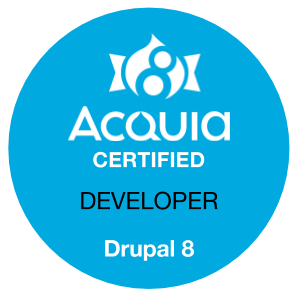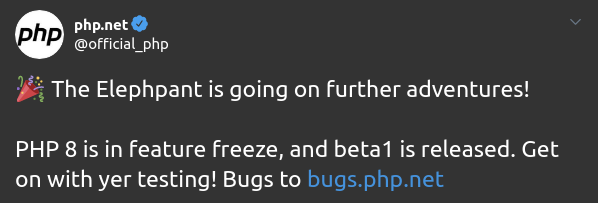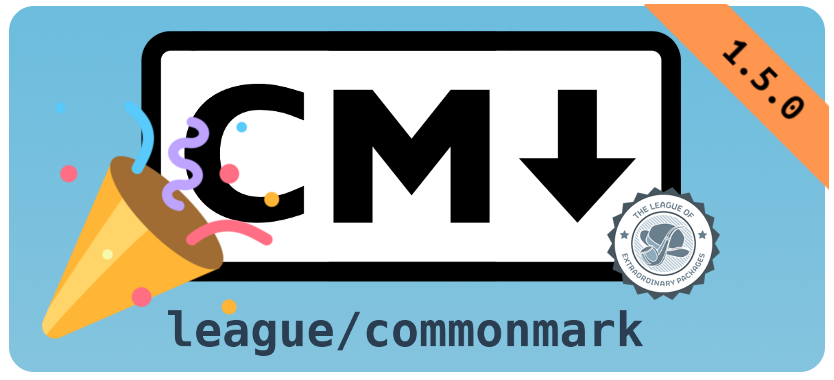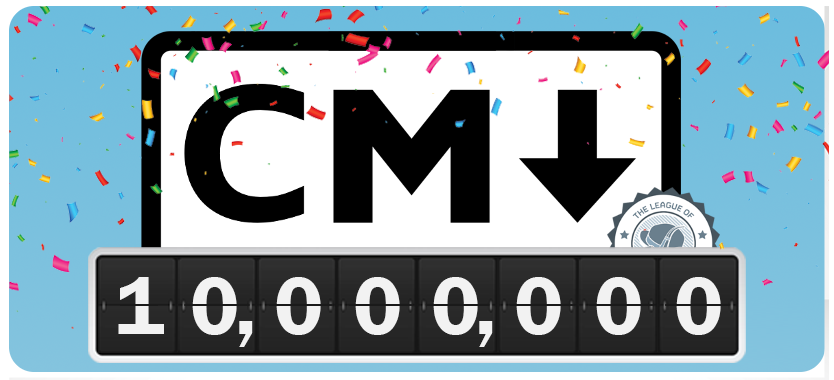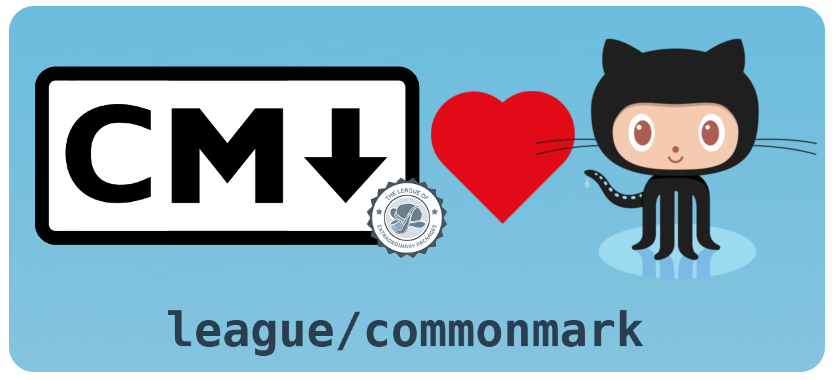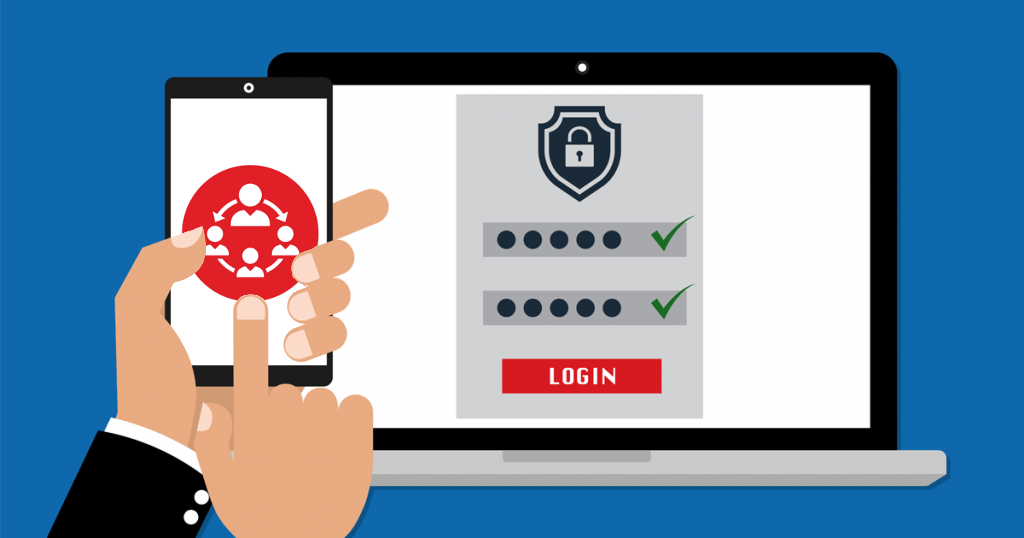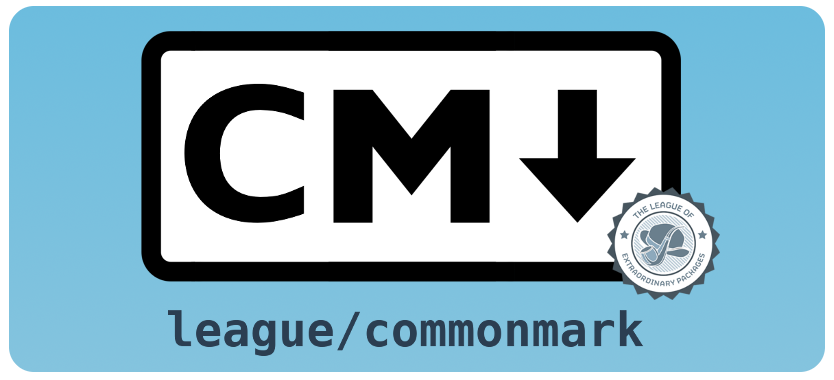Although Composer 2 is mostly backward-compatible with projects using Composer 1, some users may need to continue using Composer 1 due to plugin incompatibilities. This article shows how to install both versions side-by-side.
Blog
The first beta release of PHP 8 is here and you can start testing it today with Docker.
Version 1.5.0 of the league/commonmark Markdown library has just been released!
This will likely be the last minor release of 1.x as we focus efforts on developing 2.0. This post breaks down some of the new features and changes you should know about 1.5.0.
After 2,086 days, 1,632 commits, and 75 releases I'm pleased to share that league/commonmark has been downloaded over 10 million times! 🎉🎉🎉
Today I found myself deploying a Symfony project to an Azure environment that requires SSL connections to MySQL. I figured this out the hard way when I started getting these errors:
With the recent release of version 1.3.0, league/commonmark now offers full support for Github-Flavored Markdown!
PHP 7.4 has just been released with several new features! Learn how to install it on Linux, Windows, Mac OS X, and more.
Is "Social Delegation" (someone the user trusts) the next factor in MFA?
After 5 years of development, 3,000,000 downloads, and 58 releases, I'm extremely pleased to announce that league/commonmark version 1.0.0 has been released!
This weekend I've tagged the first pre-releases of the 1.x branch! I strongly encourage everyone to test their applications and extensions against this beta and provide any feedback. (Helpful information can be found in the upgrading guide.) Unless there are any major issues we'll plan on releasing a stable 1.0.0 version in the coming weeks!




